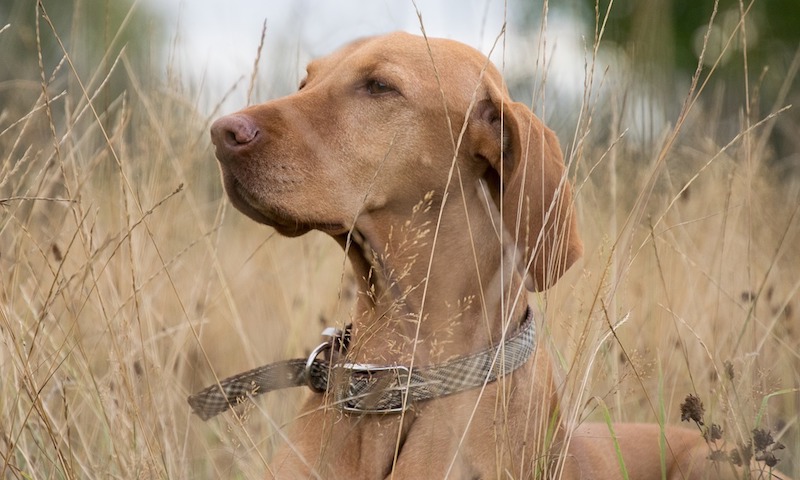
Harvest mites are another of those pesky parasites that plague our pets.
As you’ll guess from their name, this is the time of year when they come out to play, but they aren’t much fun for our dogs and cats.
Their scientific name is Neotrombicula (or just Trombicula) autumnalis and they are a problem for pets in their early, six-legged larvae stage. They are active during the day, especially when it’s dry and sunny. They congregate in large groups on small clods of earth, long grass, thick and matted vegetation and sometimes on low bushes and plants.
Unlike fleas and other parasites, harvest mite larvae don’t burrow into the skin or suck blood. Instead, they feed by thrusting small hooked fangs into the skin surface, to feed directly on parts of the skin. They’ll typically be found on front legs, including armpits, chest and on tummies and necks.
Problems include
- itching
- erosion
- skin eruptions
- hair loss
Fortunately many infected animals do not show any clinical signs, but for those that do, it can be irritating and painful – and this can last for several weeks.
The good news is that as they grow, they become eight-legged nymphs and adults – at this stage they prefer to be on the soil and leave our pets alone.
Diagnosis is mainly done via direct observation, they appear as tiny red or orange larvae, around 0.2mm long and almost look like dust. If your pet is biting and scratching and you can see this colour on the skin, it’s is almost certainly harvest mites causing the problem. A superficial skin scraping and a microscope will confirm.
Harvest mites can be a problem from late August right through October, so especially with the (mostly!) dry autumn we’re having, they will be around for some time yet. They are found all over the UK – and once the irritation starts it can continue for a long time, long after the mites have dropped off.
They usually come out on the middle of the day, so early morning and evening walks can avoid them, keeping moving helps – and as usual they are most frequently found in long grass. Cats are particularly at risk if they take a nap in a sunny spot.
There are solutions, but it’s not the simplest problem to treat, so if you see these on your pet or he’s scratching badly, do schedule an appointment with us and we can discuss the best way to deal with it.
Please do call us on 01435 864422 if you need advice, or your pet may be suffering due to harvest mites.
Heathfield Vets – Quality Care With A Friendly Face

